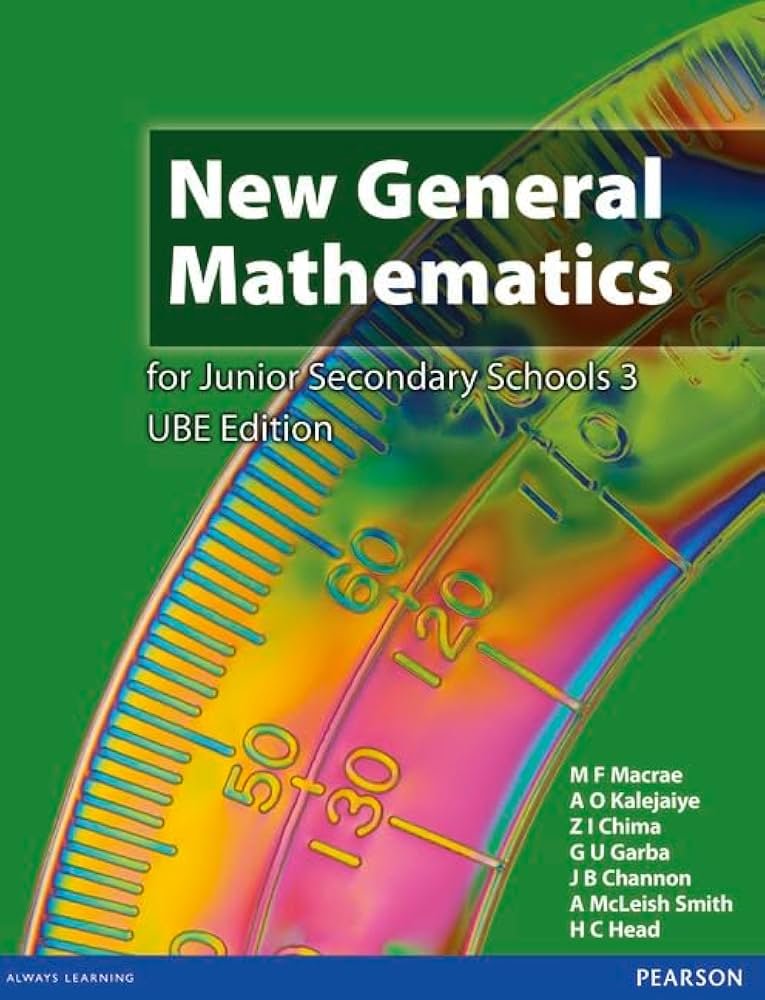The Federal Government has reaffirmed that English Language and Mathematics remain compulsory subjects for all students registering for their Senior School Certificate Examinations (SSCE), dispelling recent confusion over new admission reforms.
In a statement issued on Sunday by the Federal Ministry of Education, Director of Press and Public Relations Boriowo Folasade said the clarification became necessary following misinterpretations of the reviewed O’Level admission framework.
Minister of Education Dr. Maruf Tunji Alausa explained that the policy reform was designed to promote flexibility, inclusiveness, and fairness in Nigeria’s tertiary education admissions — not to eliminate the two core subjects from the curriculum.
“The streamlining ensures that deserving students are not denied access to higher education because of credit deficiencies in subjects that are not directly relevant to their chosen fields of study,”
— Dr. Alausa, Minister of Education.
Reform Aims to Broaden Access — Not Lower Standards
According to the ministry, the new framework allows universities and polytechnics to exercise discretion in admissions for certain programmes where credits in English or Mathematics are not prerequisites. However, all students must still register and sit for both subjects as part of their SSCE.
The clarification follows reports suggesting that Arts and Humanities students would no longer need Mathematics for university admission. The ministry stressed that such interpretations are incorrect and misleading, warning that the policy only affects the admission criteria for specific programmes — not the fundamental structure of secondary education.
“All students must continue to take both subjects as part of their Senior School Certificate Examinations,” the statement said. “They remain vital components of a sound educational foundation.”
Aligning with Global Standards
The ministry emphasised that the reforms are consistent with global best practices, particularly in countries that align subject relevance with academic pathways while maintaining national education quality.
The Federal Government said the move supports its broader goals of equitable access, inclusivity, and human capital development, ensuring that no capable student is excluded from higher education opportunities.
Parents, students, and education stakeholders were urged to depend on verified official communication channels for updates on policies and reforms to avoid misinformation.
Background: Balancing Relevance and Rigor
Earlier reports indicated that under the revised admission guidelines, students in Arts and Humanities may be considered for tertiary admission even without a credit in Mathematics, provided it is not a core requirement for their course.
However, the Ministry’s clarification reinforces that while credit flexibility applies during admission evaluation, English and Mathematics remain compulsory examinations for every secondary school candidate.
By maintaining this balance, the Federal Government says it is expanding access to tertiary education while upholding the integrity of the school system.

